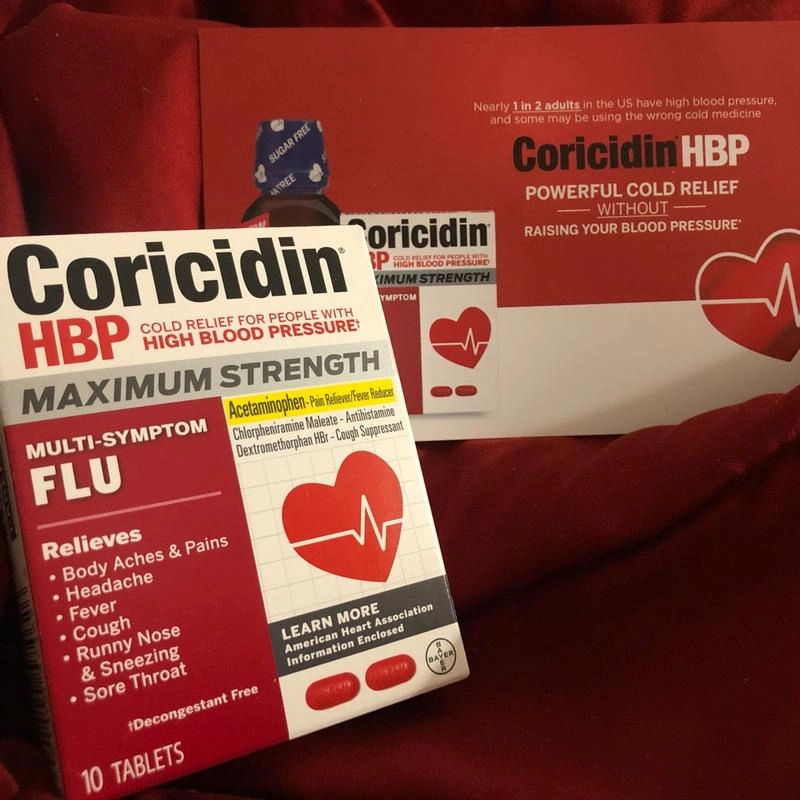Understand what is holistic health education, how it works, its benefits, and for whom. Find out how this approach works to bring overall body balance in life, all in this guide.

Due to today’s world, where life goes so fast, more and more people are concerned about their health. Holistic health education will simply refer to an approach to health that attends to the whole person, which is to say, the physical, mental, emotional, and spiritual.
Instead of only treating symptoms of illness, holistic health aims to restore balance and harmony in all areas of life to bring about lasting wellness.
Holistic health education focuses on developing the skills an individual needs for their general well-being and not just bodily health. It is about learning how various levels of life interlink and those practices that ultimately help in enhancing general well-being.
How does Holistic Health Education Work?
This simply refers to the learning process in the various means of achieving good health, putting into consideration all parts of an individual’s life.
“Holistic” means “whole,” so holistic health centers on the entire person: mind, body, and spirit. This involves learning about how different lifestyle choices in diet, exercise, emotional wellbeing, and spiritual practices affect overall health.
For example, if stress affects one’s health, then health education in its holistic perspective does not look at the symptoms of stress alone but determines why one has headaches and poor sleep from stress.
It may be due to an imbalanced work-life routine or perhaps an emotional struggle. This form of health education teaches individuals to look into the roots of these health problems and deal with them through nature, such as by developing the practice of mindfulness, nutrition, exercise, or even other lifestyle modifications.
Holistic health education helps individuals learn how to best take care of themselves through principles directed to the whole person. As such, holistic health education encompasses all dimensions of wellness: emotional, intellectual, physical, spiritual, and social.
Is there More to Holistic Health Education?

Just maybe. This is so because holistic health education empowers people to take responsibility for their health through knowledge and skills.
It promotes self-care and prevention, guiding people in the direction of preventing disease and improving their quality of life naturally.
This is also done in a great many various settings: schools, workshops, community centers, or online courses. There are also professional, certified holistic health professionals who can offer personal mentoring.
Key Elements of Holistic Health Education
In as much as this tends to effect physically, emotionally, physcoloically and even spiritually, there are factors that could greatly influence a positive result, like:
1. Physical Health
Holistic health encompasses one of the most important areas: physical health. It involves teaching individuals how to take care of their bodies through good nutrition, regular exercise, sleep, and hydration.
It encourages the use of natural remedies to support physical health, such as herbal supplements or yoga. Apart from that, it teaches people to listen to their bodies and to know when something is out of balance so that they could nip a health problem in the bud before it becomes serious.
2. Mental Health
Holistic health education also includes mental well-being by teaching individuals how to cope with stress, anxiety, and other mental disorders.
This would encompass ways in which a person could learn the techniques for relaxation, such as meditation, breathing exercises, and mindfulness, that help quiet the mind and reduce feelings of stress.
It would also involve being able to understand how one thinks and feels about everything around them and how those things affect overall health, while finding healthy means to process their emotions.
3. Emotional Health
It involves being aware of one’s feelings and emotions and how to respond to them positively. More often, holistic health education has focused on emotional intelligence, enabling people to resist life’s challenges rather than being overwhelmed by them.
4. Environmental Health
Holistic health education incorporates the environment as a critical part of health. This would include lessons on how immediate surroundings affect one’s well-being—for instance, the quality of air breathed, the food ingested, and chemicals in commonly used products.
Lastly, it aids an individual in learning to make healthier choices for themselves and the earth with eco-friendly products, organic food, and sustainable living.
Does Holistic Health have any Benefits?
Of course! It has a lot on the individual and community levels. By focusing on how one cares for a whole being, it acts to enhance the actualization of long-term wellness and prevention of illness. This is including but not limited to the following:
1. Physical Health Improvement
By understanding the concept of balanced nutrition, regular exercise, and proper sleep, people are more apt to achieve better physical health.
Holistic health education encourages natural ways to support the body by the person, which in return helps a person stay healthier for a long period of time.
2. Better Mental and Emotional Health
Holistic health education equips individuals with the ability to deal with stress, anxiety, and other psychological disorders. Learning different techniques for relaxation and coping with one’s emotions results in better emotional balance and mental clarity.
This ensures a positive approach towards life and helps in avoiding adverse mental health conditions that may otherwise overwhelm an individual.
3. Prevention of Illness
Holistic health education supports learning ways of preventing diseases and ailments much before they set in.
It involves a regular practice of eating healthy, exercising, and being in the now. Prevention treatment has lesser chances of finding cardiovascular diseases, diabetes, or even high blood pressure.
4. Increased Self-Awareness
Holistic health education supports self-reflection and self-awareness. Holistic health education will help people to understand their needs better and make choices according to personal values and goals. Being more in tune with one’s body, mind, and emotions, one is able to live more consciously and make healthier choices.
When holistic health is applied, it greatly improves quality. There is balance, energy, and satisfaction. Holistic health education helps someone learn to live a healthier, happier life that is more meaningful.
Who Needs Holistic Health Education?
Holistic health education serves all people, irrespective of their age, background, and health condition. But then, there are groups that may find it even more valuable:
1. People Suffering from Chronic Health Conditions
Those people who are afflicted with chronic diseases, like diabetes, heart ailments, or arthritis, indeed are benefited by holistic health education.
Through this education, one may learn the ways of dealing naturally with their chronic condition and thereby enhance the quality of life as a whole and cut down on the medications one is consuming.
2. Looking for Stress Relief
Today, individuals are grossly preoccupied. It is due to this that the education in holistic health will serve to teach the way one can best deal with stress using mindfulness, relaxation skills, and changes in lifestyle to feel better mentally and emotionally.
3. People Who Want to Eat Healthier and Exercise Regularly
Holistic health education can be a great source for people who seek to live a healthier life concerning their eating and exercising.
It would include recommendations on nutrition balance, natural remedies, and physical fitness that may contribute to long-term health goals.
4. Caregivers and Health Professionals
This form of health education enables caregivers and health professionals to continue giving better care to their patients or loved ones. Holistic health provides further insight into the interrelation of physical, mental, and emotional health and, therefore, helps give more equal attention to the various dimensions.
Holistic health education reaches those who desire to grow and become better people. It invites introspection and provides tools with which to live more consciously and intentionally.
A Final Note
Holistic health education serves as an effective tool toward change for overall betterment, influencing a person’s life in its totality—that is, physical, mental, emotional, and spiritual.
It fosters long-term health and wellbeing and averts illness by teaching people how to look after themselves naturally and in balance.
Whether one wants to improve their diet, reduce stress, or bring balance into their life, holistic health education provides practical knowledge and tips that will enable one to live a healthier life, be more aware, and enjoy quality of life.
By applying Holistic Health, you will be empowered to take responsibility for your life and to find harmony of your mind, body, and spirit.






